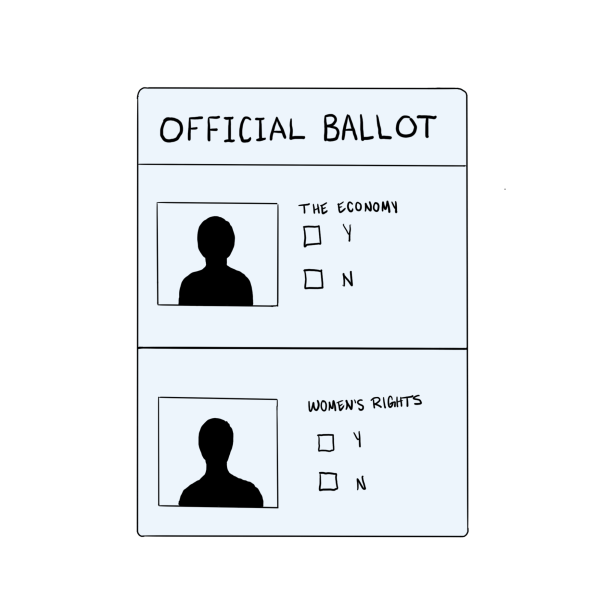Continuing the Conversation: A Response to Heather Mac Donald
The same Colgate students, myself included, that had recognized the power of their voices, have been seemingly rendered mute. In the days leading up to and following Mac Donald’s visit on campus, it was hard to avoid hearing her name up the hill. Yet, the mass hysteria she provoked has been reduced to a familiar silence in the past couple of days.
Our voices on this campus matter. Listening to survivors’ voices can quite literally transform the trajectory of this school. Haven, a confidential sexual violence response center on campus, was the result of a student initiative in the wake of a major sexual assault scandal that many thought the school handled with uncomfortable silence in 2014. Haven’s philosophy is listed on the Colgate website as “we believe survivors.” Colgate students banded together to make change, and because of that, Haven exists today.
Student initiatives have a major legacy of fostering change on this campus, but in order to enact such change we need to keep voicing our objections to systemic oppression—not just immediately after a problematic speaker talks on campus, or after we receive yet another email elucidating a racist incident that occurred on campus, or in the wake of a sexual assault scandal. We need to preserve the longevity of our activism.
The most powerful moment during Mac Donald’s lecture occurred during the Q&A session, when a valiant student stood up and asked Mac Donald to elucidate her stance on campus sexual assault. The student took to the mic to preface her story and said, “In 2008, you wrote an article called ‘The Campus Rape Myth’ where you decided to claim that rape could be attributed to ‘sluttish behavior’ and that it’s women’s fault for getting drunk. You also said in a 2019 interview with the Hoover Institution that ‘all college-aged women can avoid 100 percent of so-called campus rape.’ As the student ardently continued, she revealed her own identity as a survivor of abuse. She looked Mac Donald in the eye and asked, “As someone who has been assaulted on this campus, do you believe I am at fault?!”
The question drew an uninhibited and exhaustive applause, frenzied tears and a standing ovation. Standing at the podium Mac Donald was suffocated by the unabating cheers from the audience as the Colgate audience commended the brave student, instantly distinguished as the hero Colgate shouldn’t need.
At that moment, when all attendants stood in Love Auditorium for the student survivor, standing side by side, our hands clapping in unison, I never felt closer to my peers. By standing in solidarity with one another, we transformed an auditorium that had supplied Mac Donald with the platform and microphone she used to sermonize division and fuel hatred into an activist space comprised of allies. We rose to our feet like a militia armed with the power of cohesion made palpable by unified front. Acting in tandem, the thunderous sound of our applause joined the chorus of voices fighting for justice and change. The solidarity palpable in that auditorium was stronger than all her hate. We need to continue with that day in mind, acting in solidarity to enact lasting change.










